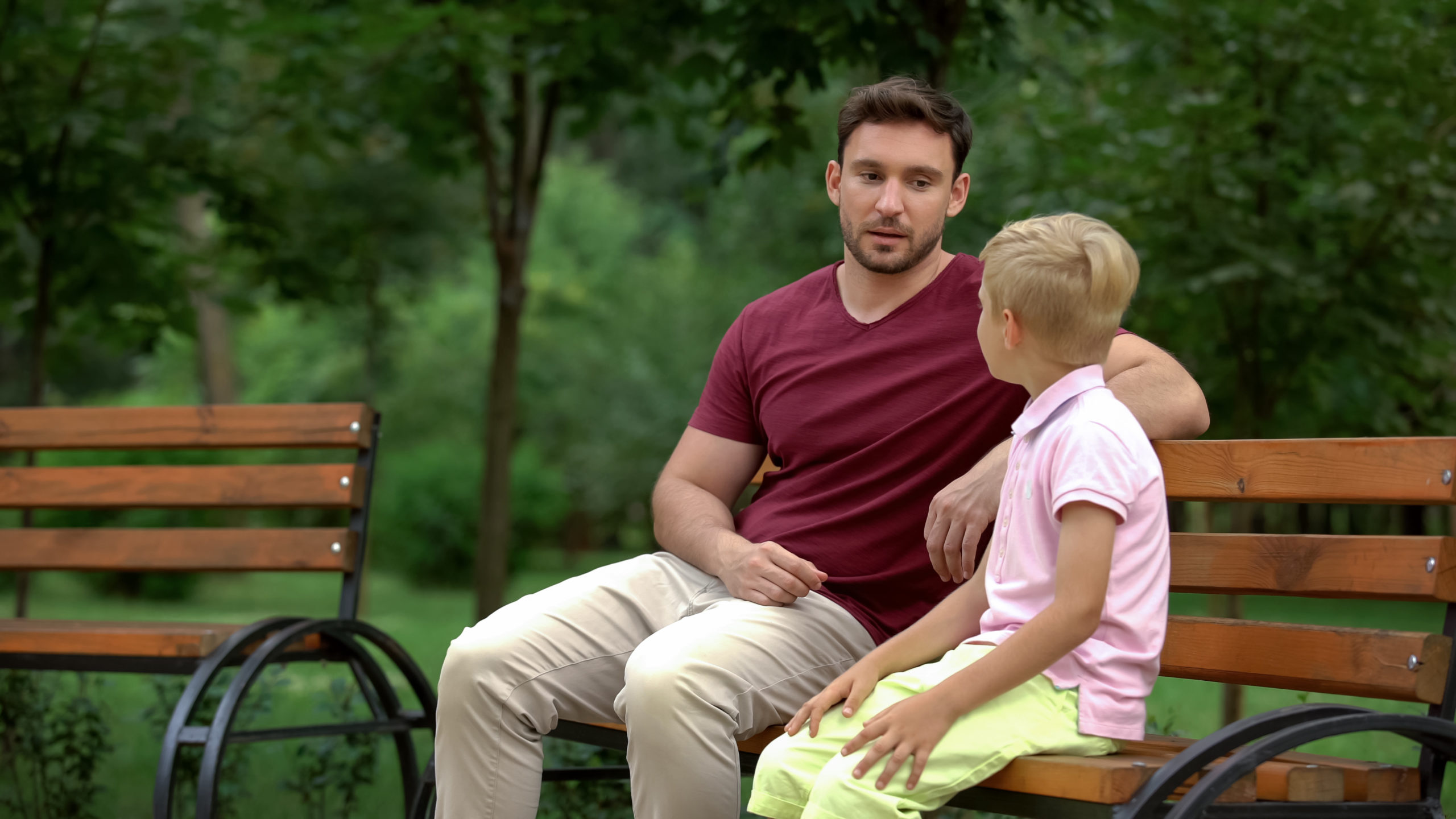The purpose of discipline is to set healthy boundaries and clear expectations of appropriate behavior, not to punish or embarrass your child.
While there are certainly challenges to disciplining a child on the autism spectrum, discipline instills valuable lessons that the child will take with them their whole lives. Keep reading to learn safe, effective, and compassionate strategies for how to discipline a child on the autism spectrum.
Two Words: Gentle Consistency
Children with autism pick up on things differently than other children. For example, your child may not pick up on the irritation in your voice when you ask them not to do something.
These misunderstandings can make traditional discipline techniques less effective. Your child might not understand the consequences of their actions, which can be frustrating. However, you should refrain from any kind of physical or verbal punishment that could have a negative effect on your child.
Instead, be gentle with your words and actions. If your child is screaming and having a tantrum, keep calm and don’t raise your voice. All children learn through imitation, so try and respond to your child’s behavior clearly and gently.
And now for consistency. Consistency is the key to safe, effective discipline. Most children with autism respond well to structured discipline, perhaps due to their desire for sameness and routine.
Consistent discipline can also alleviate some of your child’s anxiety, a common characteristic of autism. Consistent outcomes help children feel secure and confident in their choices.
If your child knows what to expect from a certain behavior (Mom won’t like that I ate cookies before dinner), they may not feel as overwhelmed when you discipline them.
In other words, consistency gives your child the ability to predict the outcome of a situation, which is a powerful and necessary step toward independence.
Educate Yourself About Your Child’s Condition
You’ll need to do some research before fully understanding how to discipline a child on the autism spectrum.
Read up on the condition to make sure you’re setting realistic expectations for your child. Some behaviors cannot be “disciplined away” by a parent, and should instead be evaluated by a professional.
For example, self-stimulation (spinning, hand flapping, etc.) is very common in children with autism. These behaviors help them regulate their emotions, and you could do more harm than good by punishing them for doing it.
Remember that autism exists on a spectrum, meaning every child will experience different symptoms in different ways. It’s a good idea to speak with other parents whose children have autism. You’ll get a better idea of how to set expectations, especially if you speak with a parent whose child has symptoms similar to yours.
Discipline Strategies for Children with Autism
Rewards and Consequences
Commonly used in Applied Behavior Analysis (ABA) therapy, rewards and consequences are one of the most effective techniques for discipline.
The goal of rewards and consequences is to increase or decrease the likelihood of your child performing a certain behavior. When your child performs the desired behavior or task, you offer them a “reward” – a positive reinforcer.
When they do not perform the desired behavior or task, you point them in the right direction with a consequence.
For example, you can offer your child candy or extra TV time for cleaning their room after being asked. That is an example of a positive reinforcer. If they don’t clean their room after being asked, you can take away some of their TV time or send them to time-out. That is the consequence.
Of course, you’ll have to evaluate which consequences are appropriate for your child. For instance, some children with autism prefer being alone, so sending them to time-out could actually be a reward for them.
Set Clear Expectations
Children with autism often have trouble understanding which behaviors are expected of them. For example, a child may not understand that they should say “hello” back to someone who greets them.
You can help your child learn these behaviors by clearly communicating your expectations. You may need to create visual cues or do role-playing until your child is comfortable.
For example, if your child is late getting ready every morning because they’re playing with their toys, you can explain that they can play only after they are ready for school. You can set a timer showing your child how much time is left before they need to leave for school, and after they finish getting ready, they can play until the timer runs out.
Be Positive
Positivity inspires positive actions. If you offer praise and encouragement when your child behaves well, they’ll want to keep behaving well.
Encourage your child by reminding them what they can earn or receive for meeting their goals. Praise your child when they perform good behavior, and describe exactly what it is you’re praising. This is called “descriptive praise,” and it helps children understand appropriate and inappropriate behavior. For example, “Great job asking Dylan nicely for your toy when he took it from you.”
You can also praise children for their efforts, not just the final result.
Most children with autism enjoy praise, but some may not respond, especially if they tend to withdraw from others. They probably aren’t motivated or interested in doing things to please other people, so you can help your child learn how to respond to praise. You can tell them what they did well and then give them their favorite toy. This way, they’ll come to regard praise as something good.
Seek Professional Help
Whenever possible, you should seek professional help from an autism center or therapy provider. The above ways to discipline a child on the autism spectrum can be extremely helpful at home, but children with autism benefit the most from intensive therapy.
Therapy solidifies the foundation you build at home, and it is hugely beneficial for development and independence in children with autism. For more information about the intensive, compassionate care we provide at Therapeutic Pathways, contact (209) 422-3280.
Discipling a Child on the Autism Spectrum
Discipline teaches children to do the right thing and think and act for themselves. It can be difficult to discipline a child who has autism, but doing so will help teach them the skills they need to live an independent life.
 Listen to Our Podcast
Listen to Our Podcast


